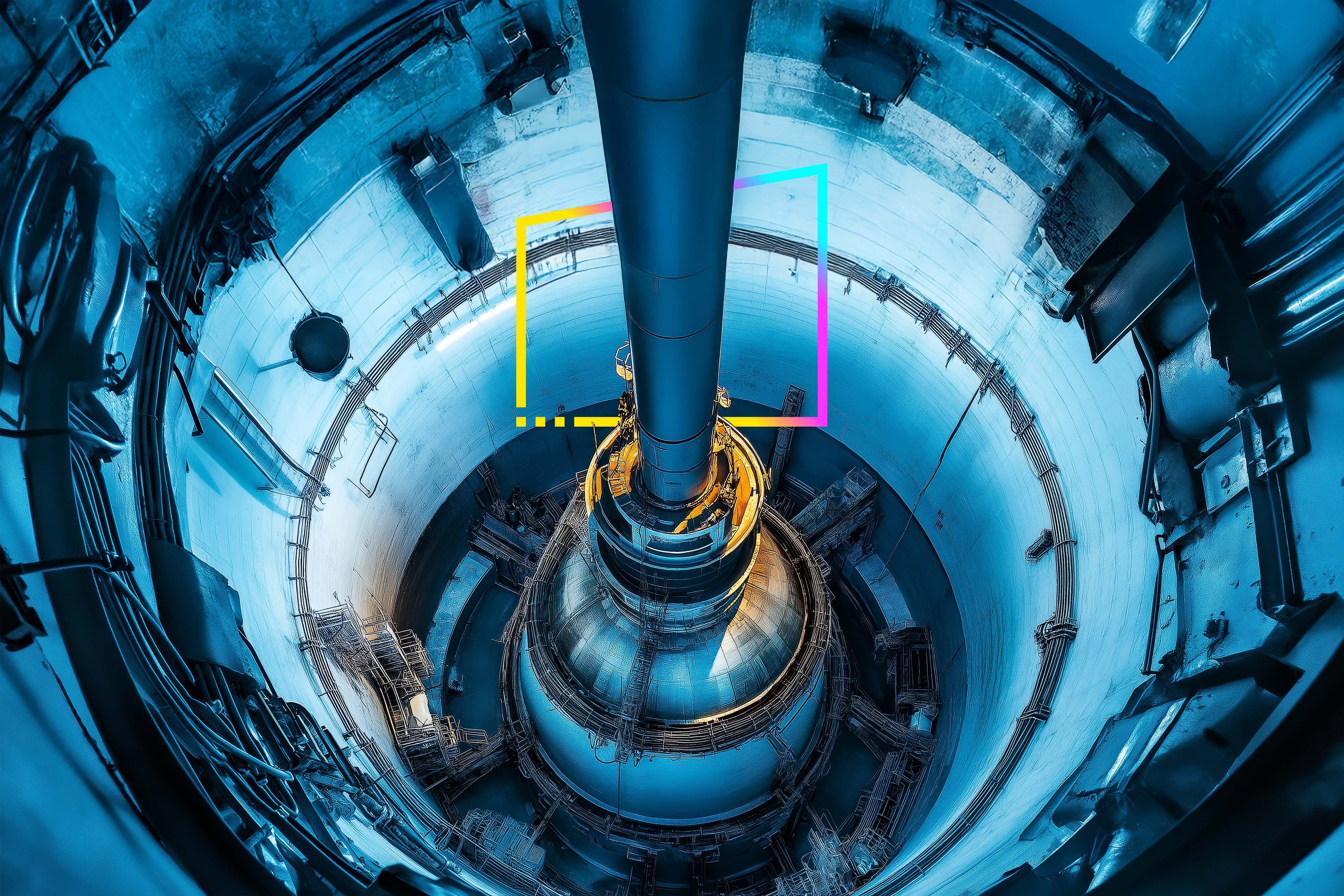EY refers to the global organization, and may refer to one or more, of the member firms of Ernst & Young Global Limited, each of which is a separate legal entity. Ernst & Young Global Limited, a UK company limited by guarantee, does not provide services to clients.
Delhi HC allows consolidation of GST proceedings initiated by different authorities
This Tax Alert summarizes a recent judgement of the Delhi High Court (HC) upholding the legality of consolidation of proceedings in case where two authorities concurrently initiate investigations.
The issue in the present case was whether the investigation initiated by Jurisdictional Commissionerate can be transferred to Directorate General of Goods and Services Tax Intelligence (DGGI), where the latter had also commenced investigation on a different subject matter but had certain issues in common.
The key observations of the HC are:
- It is undisputable that both the authorities possess necessary jurisdiction to conduct investigations.
- The object of Section 6(2)(b) of the Central Goods and Services Tax Act, 2017 (CGST Act) is to ensure that cross empowerment of officers of central and state tax do not result in the taxpayer being subjected to parallel proceedings.
- Neither the above provision, nor does the Circular dated 5 October 2018 proscribe the transfer of investigations or proceedings merely because the authority that commences the investigation is also empowered to see it through various stages.
- In a case where investigations are commenced separately by two authorities and coincides at some stage, it cannot be implied that two authorities cannot consolidate the same.
- If the said provision is read in a restrictive manner, DGGI and Jurisdictional Commissionerate will still be able to pursue their investigations independently.
Accordingly, HC dismissed the writ petition filed by assessee.
Comments
- Earlier, Calcutta HC had held that parallel proceedings cannot be initiated or conducted simultaneously by the different wings of the same department for the same period and on the same subject matter against the assessee [2022-TIOL-1305-HC-KOL-GST].
- While the provisions referred in the judgement pertained to cross empowerment of the officers of the State and Central tax authorities, in the present case both the authorities involved were under the Central Government.


